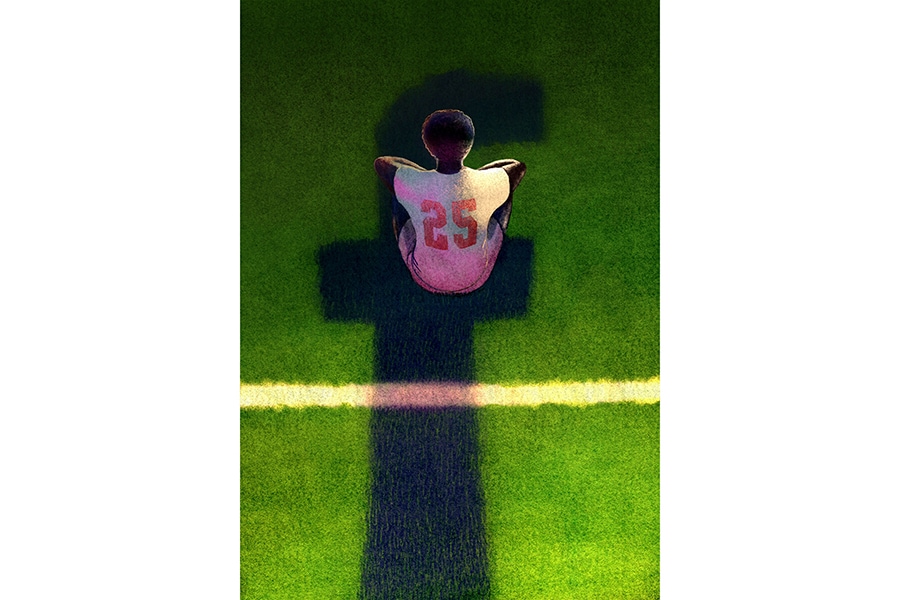
How Facebook failed to stem racist abuse of England's soccer players
Much of the racist abuse in English soccer has been directed at Black superstars in the Premier League, such as Raheem Sterling and Marcus Rashford
 In May 2019, Facebook asked the organizing bodies of English soccer to its London offices off Regent’s Park. On the agenda: what to do about the growing racist abuse on the social network against Black soccer players.
In May 2019, Facebook asked the organizing bodies of English soccer to its London offices off Regent’s Park. On the agenda: what to do about the growing racist abuse on the social network against Black soccer players.
Image: Matt Williams/The New York Times
In May 2019, Facebook asked the organizing bodies of English soccer to its London offices off Regent’s Park. On the agenda: what to do about the growing racist abuse on the social network against Black soccer players.
At the meeting, Facebook gave representatives from four of England’s main soccer organizations — the Football Association, the Premier League, the English Football League and the Professional Footballers’ Association — what they felt was a brushoff, two people with knowledge of the conversation said. Company executives told the group that they had many issues to deal with, including content about terrorism and child sex abuse.
A few months later, Facebook provided soccer representatives with an athlete safety guide, including directions on how players could shield themselves from bigotry using its tools. The message was clear: It was up to the players and the clubs to protect themselves online.
The interactions were the start of what became a more than two-year campaign by English soccer to pressure Facebook and other social media companies to rein in online hate speech against their players. Soccer officials have since met numerous times with the platforms, sent an open letter calling for change and organized social media boycotts. Facebook’s employees have joined in, demanding that it to do more to stop the harassment.
©2019 New York Times News Service




